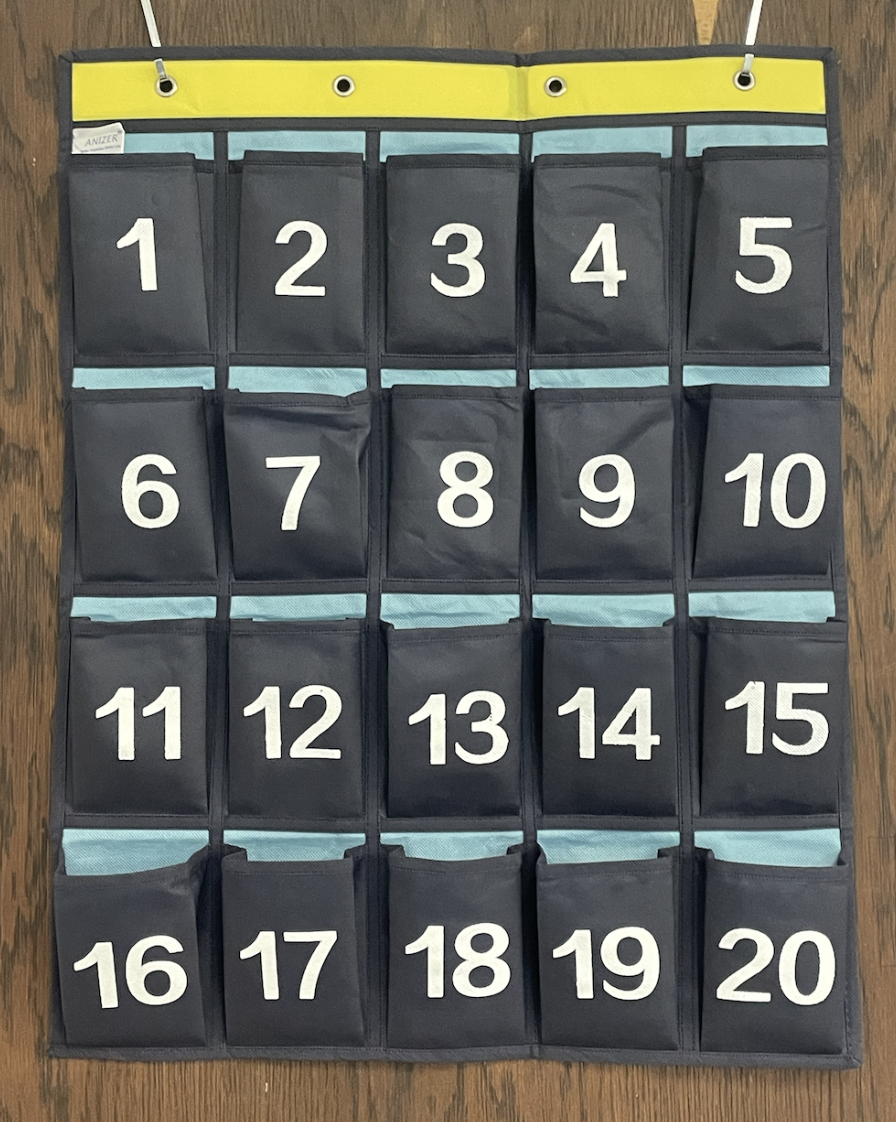If you’ve been in a classroom at all in the past month, odds are you’ve heard of the Partnership for Assessment of Readiness for College and Careers (PARCC) exam, a test which aims to replace the New Jersey Assessment of Skills and Knowledge (NJ ASK) in middle school classrooms and the High School Proficiency Assessment (HSPA) in high school classrooms. The PARCC assessment is a three-day computerized test, which mainly focuses on the Common Core State Standards for mathematics and English. The goal of the test is simple: to assure that all graduating high school students are able to achieve success in college and in the workplace.
So, why is it that the PARCC Exam is being much more negatively received than its predecessor, the HSPAs? Several students attending Pascack Hills are refusing to take the test, and would rather sit in the auditorium without electronics. What is it that makes the PARCC exam so “bad”? A general belief held by both students and teachers is that the test is difficult. However, while most teachers believe it’s important for students to be challenged, the majority of students just see the test as an enormous amount of stress and pressure added on during arguably the most difficult marking period of the year.
A junior that has previously attempted the PARCC exam says that it was, “…way too long to the point where I just gave up because I lost interest.”
Another complaint is that many students don’t see neither the benefits of taking this test nor the logic behind the test. One sophomore commented, “I don’t believe the PARCC is proving anything to colleges that the SATs and ACTs aren’t.”
A junior, who is opting out of the test, is in complete agreement. Speaking for the junior class, she believes it’s “…unreasonable to have a new test that doesn’t count for juniors taking it this year.”
On the other side of the spectrum, despite the backlash from students, the teachers and administrative board still have high hopes for this test. Dr. Bachenheimer, the director of curriculum for the Pascack Valley Regional School District, believes that this test, while it may not be picture-perfect, is going to prove to be beneficial to both the students and the teachers. Upon going to a seminar with the college board, Bachenheimer states that, “They shared that they are in the process of revising their tests [SAT/ACT] to make them more in line with Common Core and the PARCC.”
While it helps students prepare for the newer ACTs and SATs, it also gives teachers a better idea of how to ensure that they’re teaching to the best of their abilities. Dr. Bachenheimer continues by saying that, “If teachers and schools are able to get data that can be used to see what students understand and need to understand, this data could be used to improve the teaching and learning process.”
And, how does Pascack Hills’ principal, Mr. deMarrais, react to the beliefs that the exam is too difficult? “If I believed that this assessment was harmful to students,” Mr. deMarrais states, “I would not have my own son take them. He is a high school student and he will be taking the PARCC.”
One teacher that remains indifferent on the test, however, is Mr. Kirkby. While he is certainly not opposed to the test, he does understand the student body’s complaints. Mr. Kirkby believes that, “They will either have to make the passing score relatively low or they will have to make some of the questions easier for it to truly show how students around New Jersey and/or the nation are understanding and learning the true Common Core.”
One thing we, both as students and teachers, have to recognize here is that the PARCC exam is in its very early stages. There is still time for the test to resolve its flaws, and at the end of the day, the test does have an important goal in mind. However, the universally negative reception of the test from the students could be an indicator that maybe this test is not the best option for Pascack Hills students.











































